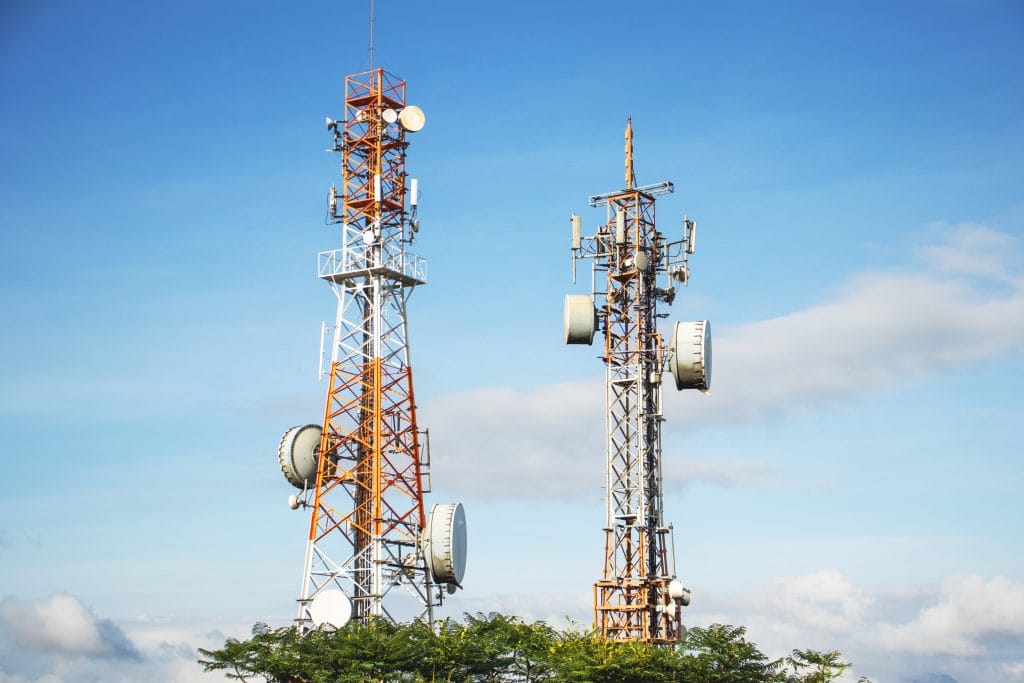Telecom Towers in Lagos and Ogun States are running dangerously low on diesel, putting millions of Nigerians at risk of widespread network disruptions.
The crisis stems from a standoff between fuel truckers and the Lagos government, which has led to a halt in diesel deliveries—cutting off the primary power source for telecom sites in Nigeria’s largest commercial hub.
An ongoing dispute between the Lagos government and the NUPENG (National Union of Petroleum and Natural Gas Workers) has worsened the situation. In protest against alleged harassment by state officials, fuel truckers have suspended operations, causing severe supply shortages.
Without diesel, telecom towers operated by companies like American Tower Corporation (ATC) and IHS Towers struggle to function.
With over 60/ percent of Nigeria’s data traffic flowing through Lagos, the potential impact is alarming. Mobile users are already experiencing internet slowdown, dropped calls, and service failures.
If fuel supplies aren’t restored soon, telecom operators warn of an impending blackout that could disrupt banking services, e-commerce, and essential communication in one of Africa’s most connected markets.
The diesel shortage also exposes the fragility of Nigeria’s telecom infrastructure, which remains heavily reliant on generators due to the country’s unreliable power grid.
As Lagos is the center of Nigeria’s digital economy, prolonged network outages could severely impact businesses, financial transactions, and emergency services across the region.


